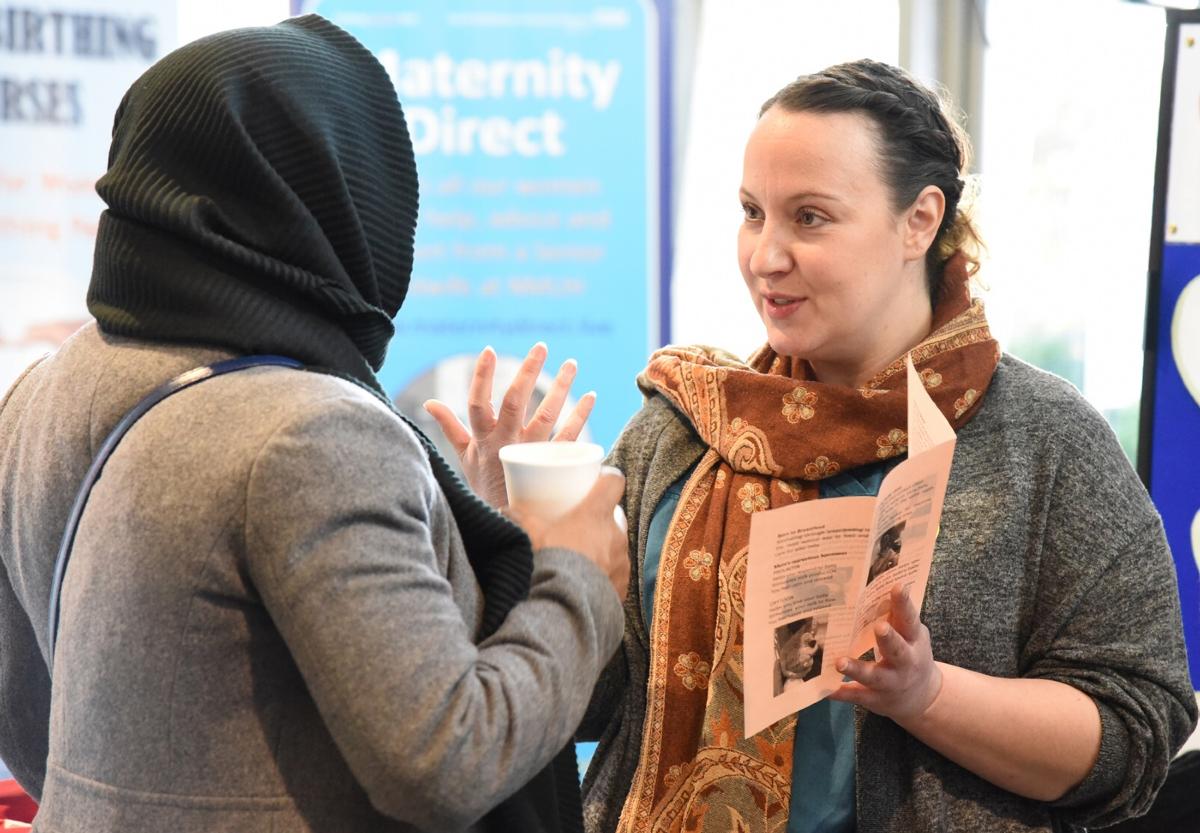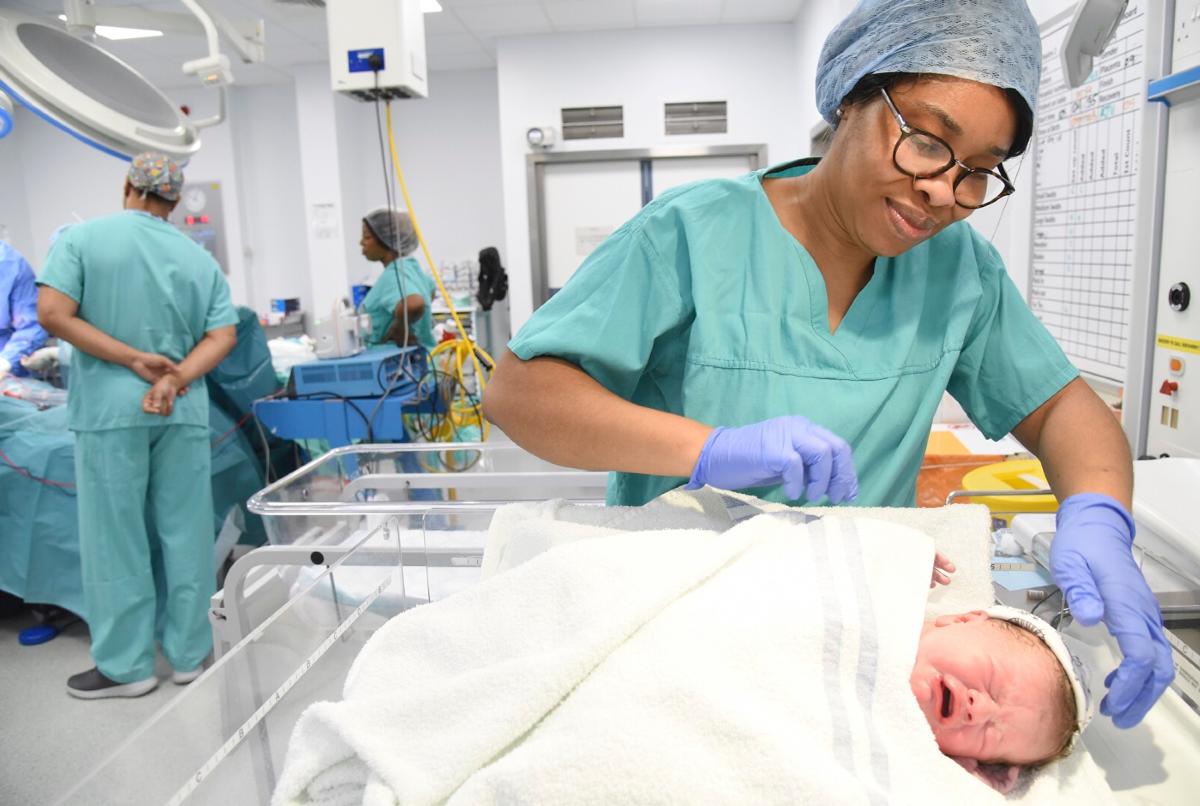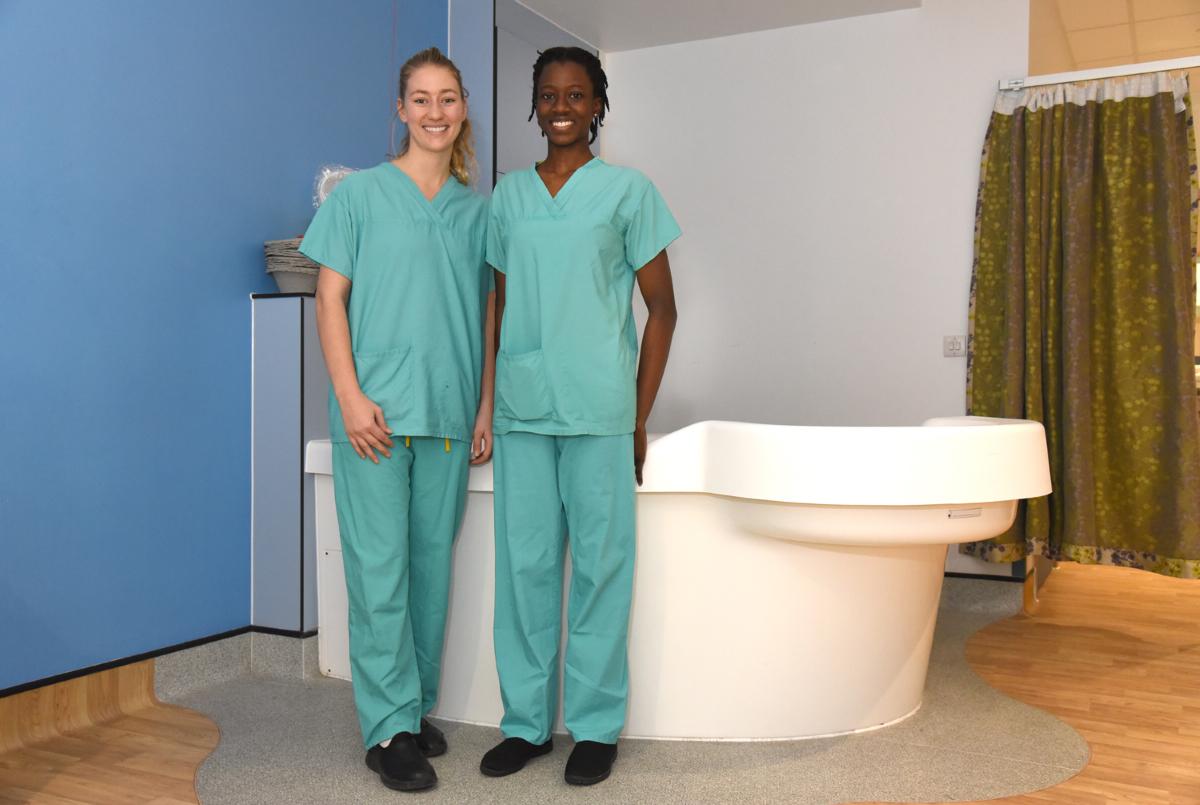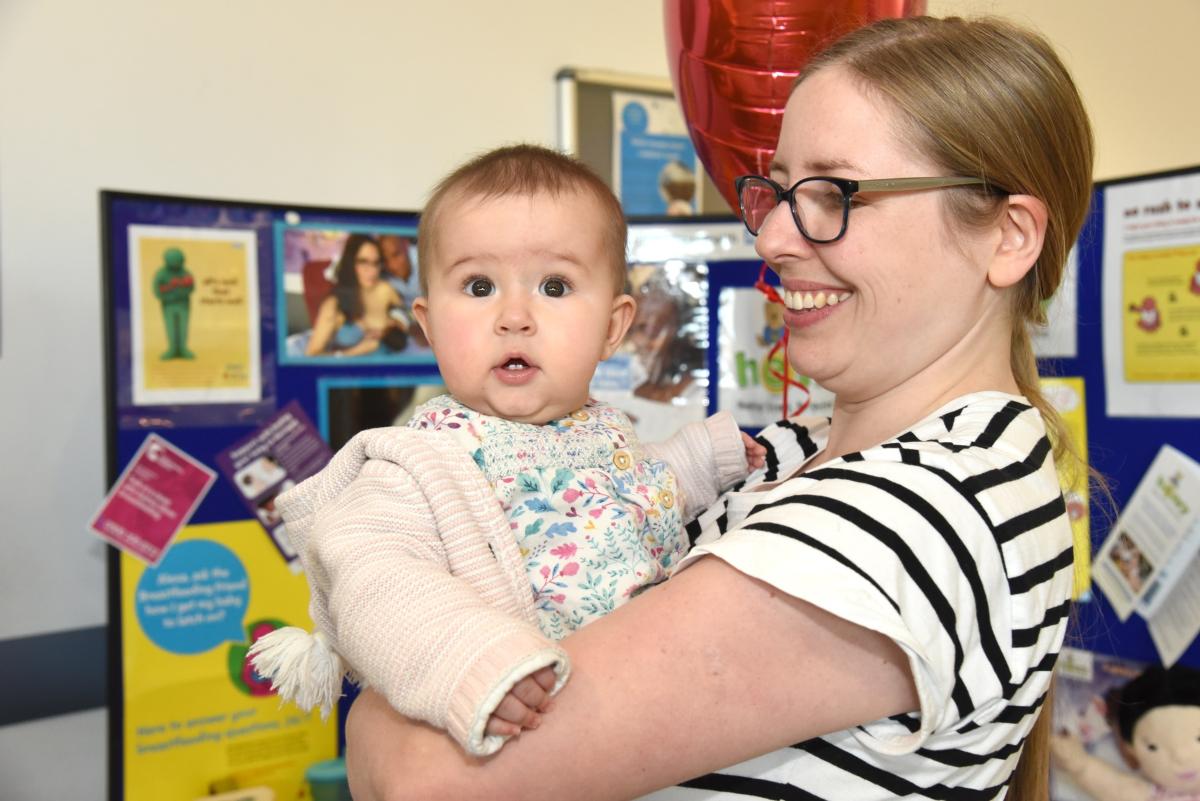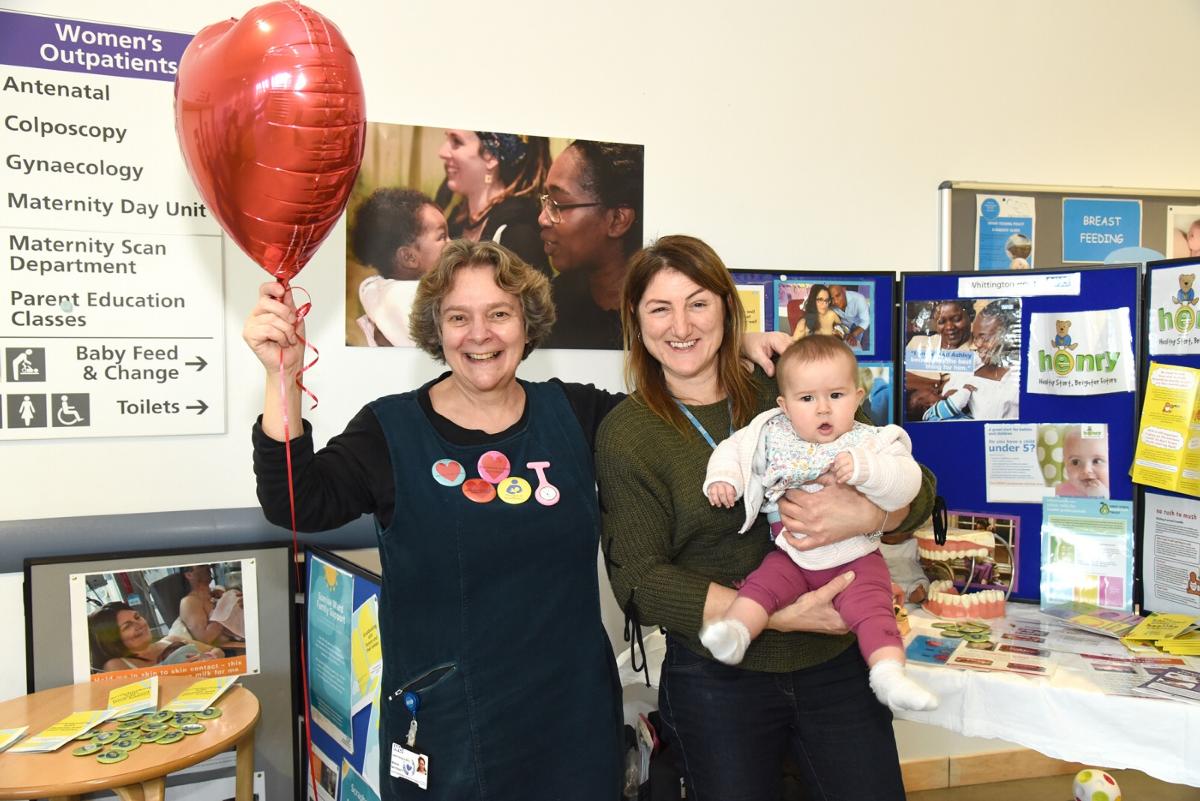-
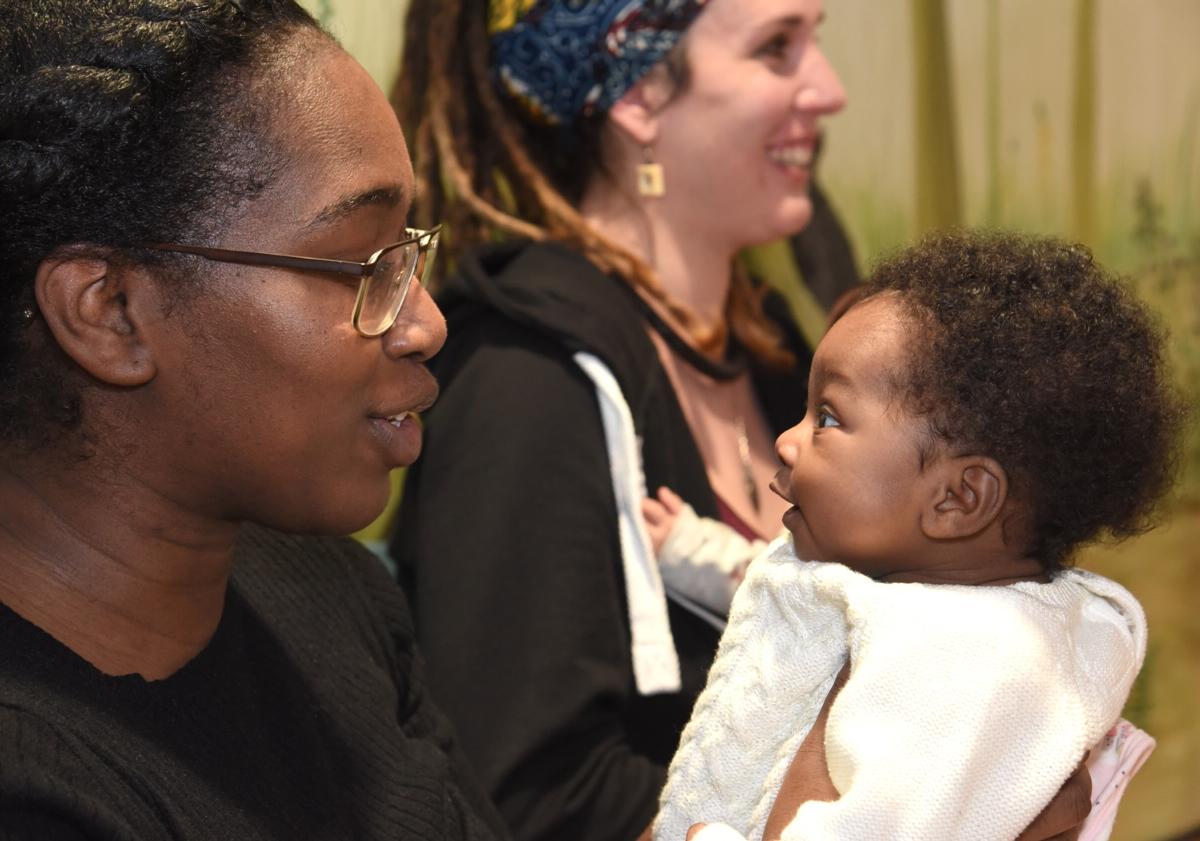
Having your baby at North Mid
We're really pleased that you're considering having your baby at North Mid. Our expert maternity team will tailor our care to your needs. This section will provide you with information on what to expect if you choose to have your baby with us.
A virtual tour
Feedback on our maternity services
We welcome all feedback on our services so that we can make it even better for local women.
Email our professional midwifery advocates
Email our associate director of midwifery and gynaecology


